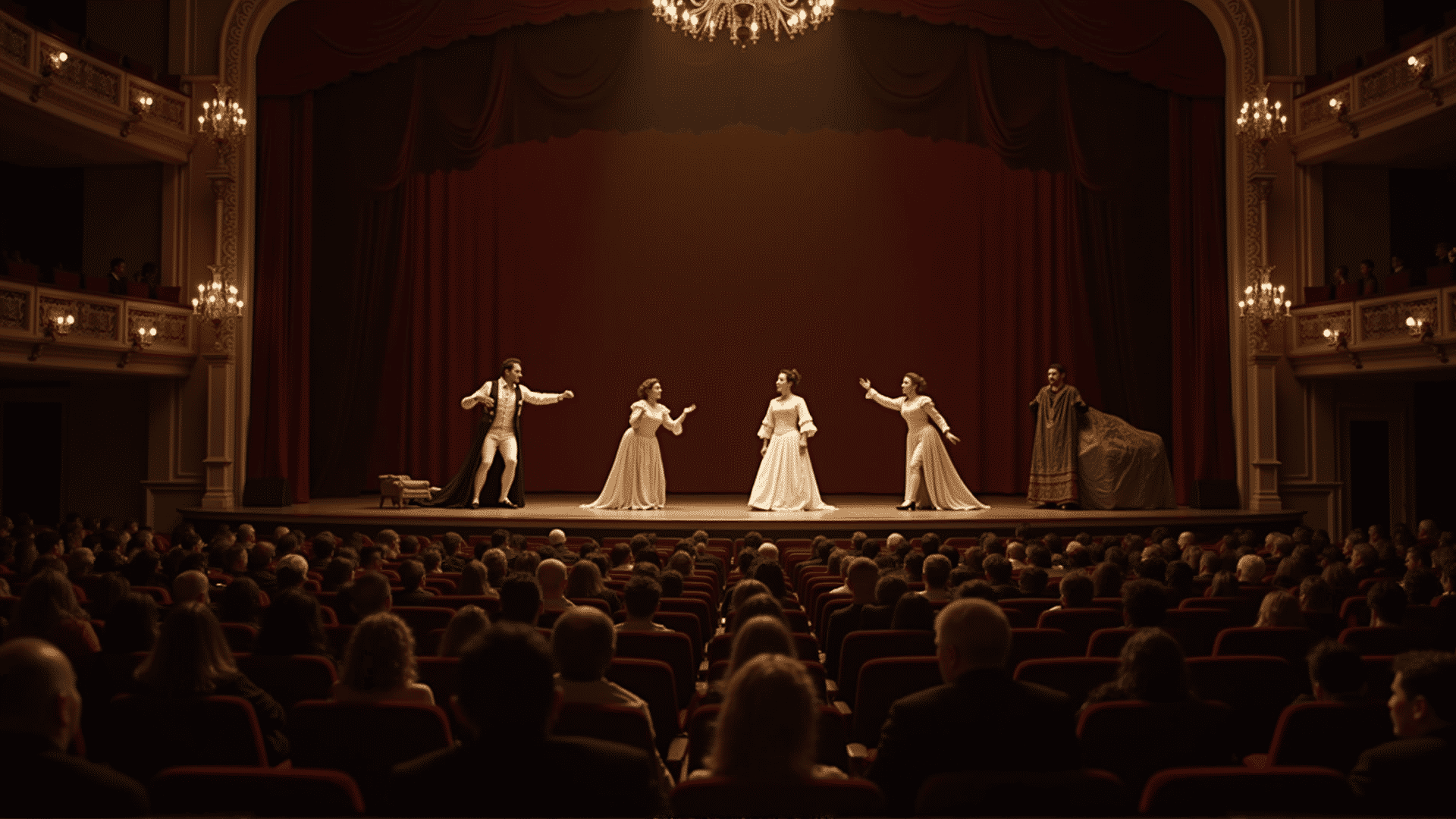In the realm of entertainment, few experiences rival the captivating allure of theatrical magic. As the house lights dim and the curtains rise, audiences are transported to a world where stories leap from the page and come alive through the art of performance. Each show is a carefully crafted tapestry of drama, humor, passion, and suspense, where every actor, every set, and every note of music plays a part in weaving the narrative.
The theater has long held a unique place in human culture. From the ancient Greek amphitheaters to the grand stages of Broadway and the West End, it has continuously evolved, adapting to the zeitgeist of each era while offering an enduring escape from the mundane. At the heart of its charm is the immediacy and intimacy that only a live performance can deliver. Each night brings a new rendition of the same story, subtly altered by the nuances of the actors and the energy of the audience. It is this transient and ephemeral nature that infuses each performance with a sense of wonder and excitement.
Behind the scenes, the magic begins long before any actor steps onto the stage. The collaborative effort of playwrights, directors, set designers, and a myriad of talented artisans shapes the foundation of the experience. Scripts are meticulously written, not only to entertain but to challenge audiences, offering new perspectives and insights. Directors interpret these scripts, shaping the narrative with their vision and imbuing it with a unique flavor that enhances its relatability and impact.
Equally essential is the art of set and costume design, which creates visual spectacles that transport the audience to different times and places. From the intricate details of a Regency ballroom to the stark, futuristic landscapes of dystopian worlds, these elements ground the narrative, creating a believable yet fantastical setting for the story to unfold. Complementing the visual artistry, the lighting and sound design work in harmony, evoking emotions and enhancing the drama with every beam and note.
But it is the actors who are the heartbeat of any theatrical production. Their ability to embody complex characters, to breathe life into written words, and convey a myriad of emotions is nothing short of magical. The chemistry between the performers, their rapport with the audience, and their skill in navigating the unpredictable nature of live performance are testaments to their craft. It is their dedication that allows stories to transcend the stage and leave a lasting impression on those fortunate enough to witness their artistry.
The power of theater lies not only in its ability to entertain but also in its capacity to inspire change and provoke thought. Good theater raises questions, challenges societal norms, and fosters empathy by introducing audiences to lives and experiences different from their own. It holds up a mirror to society, reflecting its virtues and flaws, and often calling for introspection or action.
In an increasingly digital world, the theater remains a bastion of genuine human connection. It is a communal experience, where each laugh, gasp, or tear is shared among strangers, brought together in a shared appreciation of the art and its message. This collective emotional journey bonds people in a way that few other forms of entertainment can achieve.
In essence, theatrical magic is a celebration of human creativity and storytelling prowess. It reminds us of the timeless power of performance, where stories are not just told but felt, experienced, and remembered. Whether a grand musical or a poignant one-act play, each show captures the imagination, stirring emotions and sparking joy in its audiences. As long as there are stories to tell and eyes to see them, the magic of theater will endure, lighting hearts and minds with its eternal flame.
